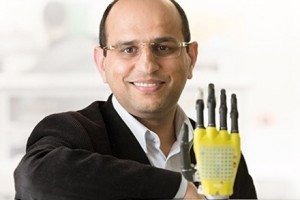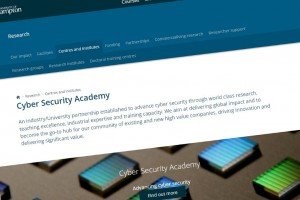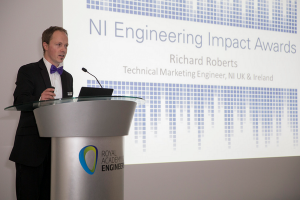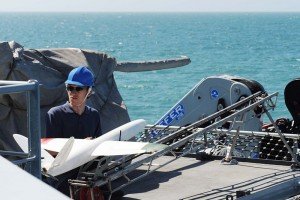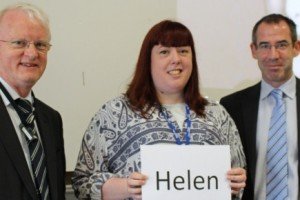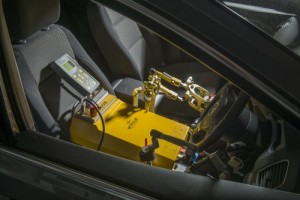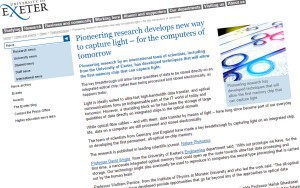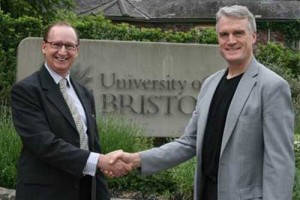Researchers at the University of Glasgow and Bilkent University in Turkey have found a way to produce large sheets of graphene, using the same cheap type of copper used to manufacture lithium-ion batteries found in many household devices. The team, Led by Dr Ravinder Dahiya have produced large-area graphene around 100 times cheaper than ever before. Graphene is often produced ...
University Electronics
The latest electronics news from UK universities
Southampton Cyber Security Academy targets security challenges
The University of Southampton has announced a new academy – the Southampton Cyber Security Academy (CSA) – aimed at meeting today’s digital security challenges. The CSA is a partnership between the University of Southampton, private companies and Government agencies, and is designed to be a “focal point” for cyber security research and education and outreach. It is due to formally launch ...
IoT Design Conference competition
A chance to win one of five free tickets to the Electronics Weekly IoT Design Conference in London in December.
University research headlines NI Awards
University research teams are among the finalists shortlisted for the National Instruments 2015 Engineering Impact Awards, which recognises engineering projects using the firm’s software and hardware. Winners will be announced at the Engineering Impact Awards ceremony, held at The Royal Academy of Engineering, London, on Monday 2nd November. Several finalists will also present their applications in technical sessions at the ...
Southampton leads £2.5m environmental technology training initiative
The University of Southampton is to lead a new collaborative organisation set up to train environmental scientists and engineers to use smart technology to make scientific observations. Funding of £2.5m has been provided by the Natural Environment Research Council (NERC) and the Engineering and Physical Sciences Research Council (EPSRC) for the Centre of Doctoral Training in ‘The use of Smart ...
A supercomputer named Helen
It’s not often you get the chance to name a supercomputer. But the opportunity arose with a competition at Imperial College to christen their recently expanded supercomputer, part of the College’s High Performance Computing Service.
Turning gold into spintronics
Magnetised gold is at the heart of new research into superconductivity for electronics, led by St Andrews. The scientists apparently investigated what happens in a device where a very thin layer of a superconductor – carrying electrical current but without generating any heat – is sandwiched between a layer of a magnetic material and a layer of gold. Under certain ...
Bath University CLEVeR at measuring vehicle emissions
Bath University has unveiled its new Centre for Low Emission Vehicle Research (CLEVeR). And what timing – automated vehicle testing has never been so newsworthy. And yes, it will help measure vehicle emissions (both diesel and petrol engines) while taking into account different driver behaviours. The aim is to bridge the gap between the lab and the real world by ...
Capture light to store it as memory
Techniques that will allow memory chips to capture light are being worked on by researchers, from Exeter, Oxford, and Münster.
Keysight and Bristol test millimeter-wave radio for 5G
Keysight Technologies is highlighting its collaboration with the University of Bristol on 5G millimeter-wave research. Already involved in 5G research in Europe and the US, they will now be working together on multiple 5G millimeter-wave technologies, says Keysight.
 Electronics Weekly Electronics Design & Components Tech News
Electronics Weekly Electronics Design & Components Tech News
